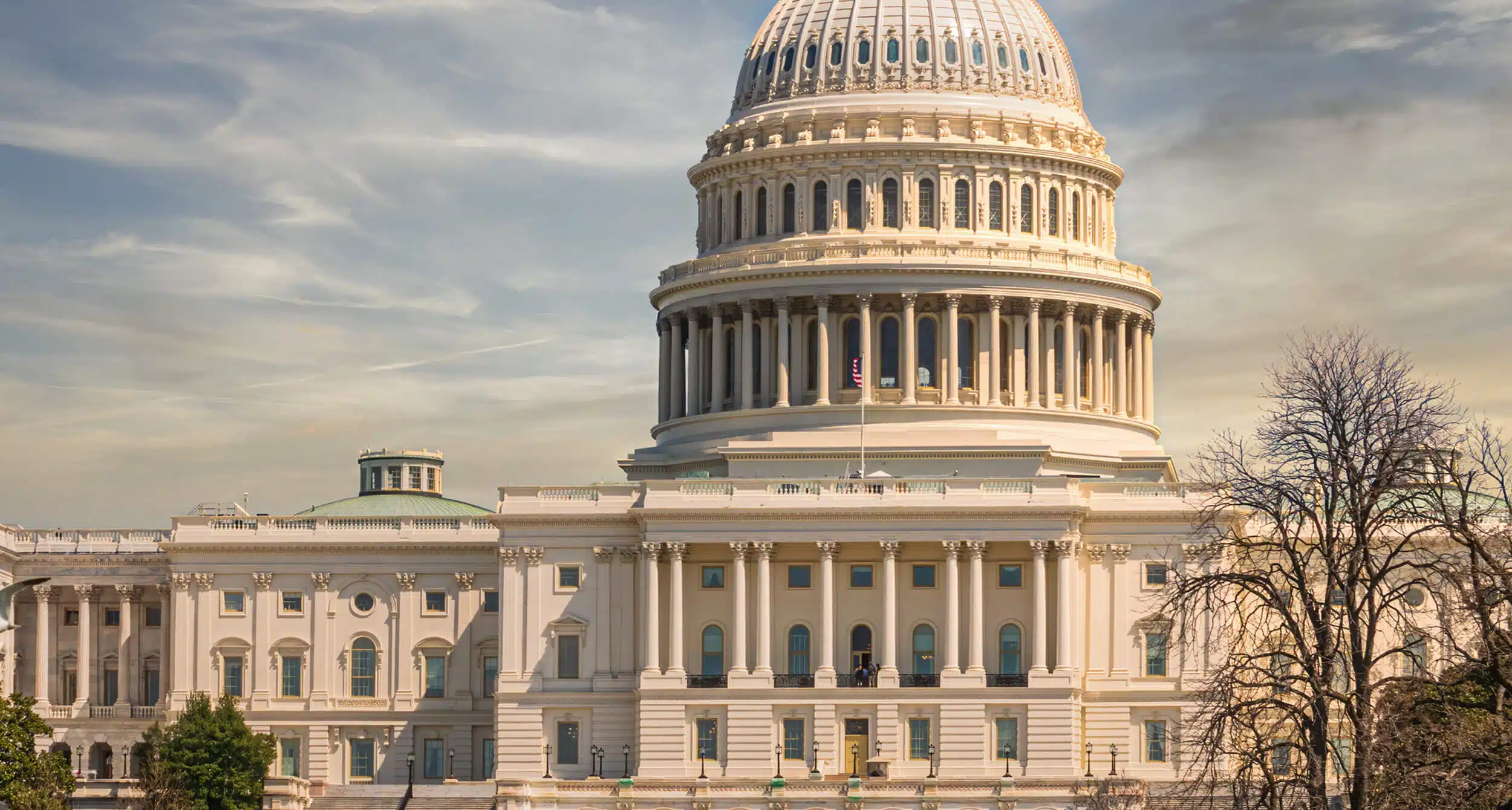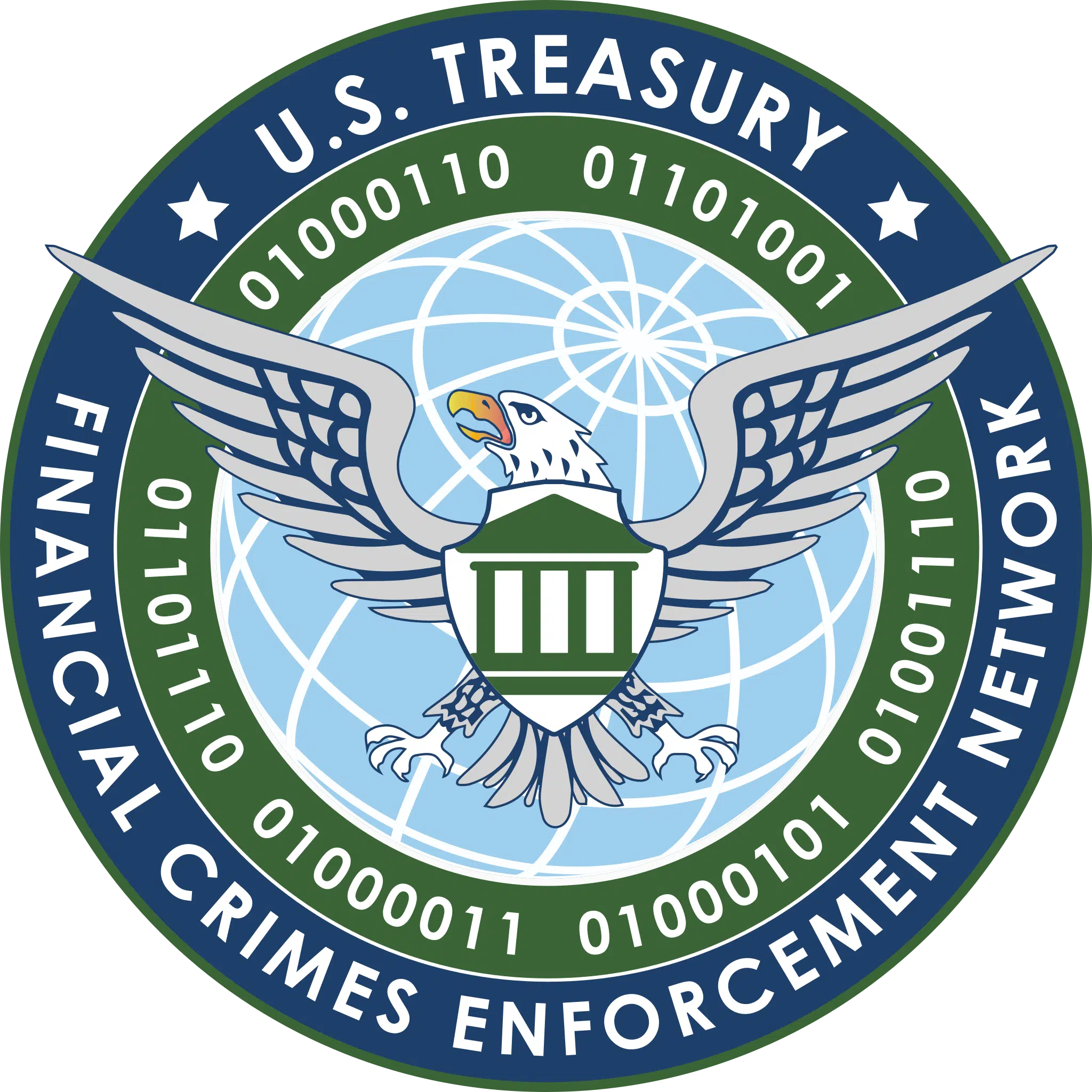Money transmitter licensing (MTL) in the U.S. is governed primarily at the state level. If your business is involved in handling customer funds, whether through fiat transfers, crypto-to-fiat exchanges, wallet services, or remittance solutions, you may need to obtain one or more MTLs depending on the states where your users are located.
There is no single federal license. Instead, companies must:
- Register federally as a Money Services Business (MSB) with FinCEN, and
- Apply separately for a Money Transmitter License in each state they wish to operate in (excluding Montana, which has no MTL requirement).
At Legalaes, we assist fintech and crypto businesses in navigating the multi-state MTL framework. From regulatory mapping to license filing and compliance setup, we provide strategic legal support tailored to your product, market, and expansion goals.

Regulations for MTL in United States
- Federal: FinCEN requires all MSBs, including money transmitters, to register under the Bank Secrecy Act (BSA) and renew this registration bi-annually.
- State: Forty-nine states (all except Montana) regulate MTLs, each imposing its own standards on licensure, surety bonds, net worth, and supervision.
- Modernisation: The CSBS Money Transmission Modernisation Act (MTMA) has been adopted by over 30 states, promoting consistent net worth, bond, and liquidity rules.
Types of MTL in United States
| License type | Description |
|---|---|
| Money Transmitter License (MTL) | Required at the state level for businesses sending or exchanging funds, including crypto or fiat. |
| MSB Registration (FinCEN) | Mandatory federal registration for money service businesses transmitting funds or exchanging currency. |
| New York BitLicense | A specialised license for businesses dealing with virtual currency within New York State, with a separate application and compliance process. |
Federal: MSB Registration
All money transmitters must register as an MSB with the Financial Crimes Enforcement Network (FinCEN). This involves:
- Filing Form 107 (MSB registration)
- Renewing registration every 2 years
- Maintaining an agent list (if applicable)
- Implementing and maintaining a full Anti-Money Laundering (AML) program
- Complying with Customer Identification Program (CIP), transaction monitoring, and SAR/CTR reporting requirements under the Bank Secrecy Act (BSA)
State: Money Transmitter License
Each state regulates its own MTLs. Requirements vary but often include:
- Surety bond requirements (from USD 10,000 up to USD 2,000,000+ in some states)
- Net worth minimums (ranging from USD 25,000 to over USD 1,000,000)
- Audited financial statements or GAAP-compliant financials
- Background checks and fingerprinting for key personnel and owners
- Written compliance program, AML/KYC policies, business continuity and disaster recovery plans
- Detailed business plan and financial projections
- Registered U.S. entity and in-state registered agents
- State-specific licensing portals (e.g., NMLS in over 30 jurisdictions)
Crypto and Stablecoin Considerations
Crypto transactions are treated as money transmission in most states. You will likely require an MTL if you:
- Transmit crypto or stablecoins on behalf of clients
- Convert crypto to fiat or vice versa
- Provide hosted wallets or manage private keys
- Facilitate decentralised finance (DeFi) settlements with central control points
New York mandates a BitLicense. Texas and Wyoming offer more favourable frameworks for blockchain firms.
MTMA: Multi-State Simplification
The Money Transmission Modernisation Act (MTMA), adopted by over 30 states, provides uniform standards for:
- Net worth
- Bonding
- Liquidity and examinations
This greatly simplifies the licensing process for companies expanding nationally.
Activities Covered by MTL
With an MTL and MSB registration, your business may legally:
- Transmit fiat or digital currency for clients
- Facilitate international remittance and cross-border payments
- Operate digital wallets (custodial and non-custodial)
- Offer payment gateway solutions, merchant payment processing, and prepaid accounts
- Provide P2P payment apps, OTC crypto desks, or stablecoin payment services
In most states, if your business has custody or control of customer funds or provides escrow/payment intermediary functions, an MTL is required.
Requirements for Obtaining an MTL
To apply for and maintain a Money Transmitter License in the United States, your company must typically fulfill the following requirements at both the federal and state levels:
State (MTL Licensing – Per Jurisdiction)
- U.S.-registered corporate entity (LLC or Corporation)
- Registered agent in each licensed state
- Detailed business plan with projected financials
- Written compliance documents (AML/KYC, CIP, internal controls)
- Surety bond (USD 10,000 to 2,000,000+ depending on state and volume)
- Proof of net worth and liquid assets
- Audited or reviewed financial statements (past 1–2 years)
- Background checks and fingerprinting of key persons
- Cybersecurity policy and InfoSec procedures (in select states)
- Licensing through NMLS (in most states), direct in others
Federal (FinCEN – MSB Registration)
- U.S.-based company or authorized U.S. agent
- Completion of Form 107 (Money Services Business registration)
- Implementation of a written AML/CTF program
- Appointment of a compliance officer
- SAR/CTR monitoring, OFAC compliance
- Biennial renewal and agent list maintenance (if applicable)
Note: Some states impose additional conditions such as physical presence, in-state offices, or periodic examination fees.
Estimated Timeframes to Obtain a United States MTL License
1. Federal MSB registration: Typically completed within weeks after submission.
Simple cases: 4–6 weeks
Complex entities or crypto services: 6–12 months
2. State MTL
Simple cases: 4–6 weeks
Complex entities or crypto services: 6–12 months
Roadmap to Licensing

Jegor Kupratsevits
Head of Fintech
Strategic Assessment
Clarify business model and customer base
Identify targeted states and regulatory exposure
Risk analysis (custody, liquidity, insolvency protection)
Documentation & Federal Registration
File Form 107 with FinCEN
Develop AML/CTF Program, KYC/CIP procedures, and internal controls
Prepare financial projections and compliance manuals
State License Applications
Collect audited financials, background check results, and corporate governance documents
Obtain surety bonds and meet net worth thresholds
Submit applications via NMLS (or direct submission in non-NMLS states)
Respond to regulator inquiries and provide supplemental documentation
Post-Licensing Support
Integrate transaction monitoring software and onboarding systems
Maintain SAR/CTR and OFAC compliance
Ongoing state renewals and examination responses
Annual AML training and risk reviews
Advantages of Obtaining an MTL License in United States
01
Legally operate and build customer trust
02
Access to U.S. banking and PSPs
03
Reduce regulatory risk and fines
04
Expand across multiple states with a compliant structure
05
Show institutional credibility to partners and investors
Taxation of MTL Companies in United States
- Federal and state income tax obligations apply
- MSBs must report suspicious activity (SARs), cash transactions (CTRs), and comply with OFAC lists
- Sales tax, franchise tax, and multi-state nexus issues may also arise depending on the structure
Key Legal Resources for United States MTL Licensing
Overview of U.S. Money Transmitter License (MTL) requirements.
| US State | Application Fee | Surety Bond | Net Worth | Estimated Approval |
|---|---|---|---|---|
| Alabama | 1000 | 10000 | $25,000 | 3–4 Months |
| Alaska | 3075 | 30000 | $25,000 | 3–4 Months |
| Arizona | 1500 | 25000 | $100,000 | 5–6 Months |
| Arkansas | 2306 | 50000 | $50,000 | 3 Months |
| California | 5000 | 250000 | $500,000 | 12+ Months |
| Colorado | 7500 | 1000000 | $50,000 | 4 Months |
| Connecticut | 1922 | 1000000 |
| 3 Months |
| Delaware | 403 | 25000 | $100,000 | 3–4 Months |
| District of Columbia | 500 | 50000 | $100,000 | 3–4 Months |
| Florida | 384 | 100000 | $100,000 | 4-6 Months |
| Georgia | 2150 | 250000 | $0 | 2-3 Months |
| Hawaii | 10000 | 10000 | $1,000 | 4 Months |
| Idaho | 103 | 10000 | $50,000 | 3 Months |
| Illinois | 500 | 100000 | $35,000 | 3 Months |
| Indiana | 1000 | 300000 | $600,000 | 3 Months |
| Lowa | 1538 | 300000 | $100,000 | 3 Months |
| Kansas | 1750 | 200000 | $250,000 | 3 Months |
| Kentucky | 1100 | 500000 | $500,000 | 3 Months |
| Louisiana | 820 | 25000 | $100,000 | 4 Months |
| Maine | 500 | 100000 | $100,000 | 3 Months |
| Maryland | 3000 | 150000 | $150,000 | 3–4 Months |
| Massachusetts | 1300 | 50000 | $0 | 5–6 Months |
| Michigan | 3650 | 500000 | $100,000 | 3 Months |
| Minnesota | 4000 | 25000 | $25K – $500K | 3 Months |
| Mississippi | 820 | 25000 | $25,000 | 3 Months |
| Missouri | 300 | 100000 | Must have a positive net | 3–4 Months |
| Montana | 0 | 0 | NA | |
| Nebraska | 1000 | 100000 | $50,000 | 3 Months |
| Nevada | 675 | 10000 | $100,000 | 5–6 Months |
| New Hampshire | 500 | 100000 | $0 | 3 Months |
| New Jersey | 700 | 100000 | $100,000 (Foreign MT) | 3–4 Months |
| New Mexico | 4100 | 300000 | $100,000 | 3 Months |
| New York (MTL) | 3000 | 500000 | $500,000 | 12–18 Months |
| New York (VC) | 5000 | 500000 | $500,000 | 12–18 Months |
| North Carolina | 1538 | 150000 | $250,000 | 3–4 Months |
| North Dakota | 946 | 150000 | $100,000 | 3 Months |
| Ohio | 5199 | 300000 | $500,000 | 6 Months |
| Oklahoma | 5000 | 200000 | $275,000 | 3–4 Months |
| Oregon | 1056 | 25000 | $100,000 | 3 Months |
| Pennsylvania | 5000 | 1000000 | $500,000 | 5–6 Months |
| Rhode Island | 1500 | 50000 | $50,000 | 5–6 Months |
| South Carolina | 2250 | 50000 | $250,000 | 5–6 Months |
| South Dakota | 1538 | 100000 | $100,000 | 3 Months |
| Tennessee | 250 | 100000 | $100,000 | 5–6 Months |
| Texas | 10000 | 300000 | $500,000 ($250K must be liquid) | 7–8 Months |
| Utah | 300 | 50000 | $1,000,000 | 3 Months |
| Vermont | 1643 | 100000 | $100,000 | 3 Months |
| Virginia | 1000 | 25000 | $200,000 | 3 Months |
| Washington | 1025 | 10000 | $10,000 | 3–4 Months |
| West Virginia | 1025 | 300000 | $50,000 | 3 Months |
| Wisconsin | 800 | 100000 | $100,000 | 3–4 Months |
| Wyoming | 1500 | 500000 | $25,000 | 3 Months |
| ALL US States | 10065000 | $2,000,000 | 2 Years |
FAQ – MTL License in United States
Is federal MSB registration enough for operating in the U.S.?
No. You must register federally with FinCEN and obtain state-level MTLs in every state where you serve customers .
Do all states require surety bonds?
Yes—nearly every state requires a bond ranging from USD 10k to over USD 1 million, depending on jurisdiction and business model.
Can existing licensees appoint agents?
Yes. Under state law, licensed entities can appoint agents; federal MSB registrations require maintaining an annual agent list.
Are crypto businesses treated differently?
Crypto transmissions are generally considered money transmission. New York has the BitLicense; some MTMA states offer clarity via virtual currency rules.
How often do I have to renew?
MSB federal registration: every 2 years. State MTLs: typically annually or biennially, depending on the state.






